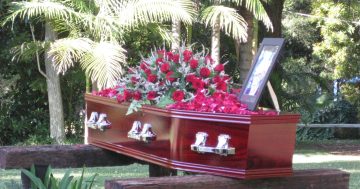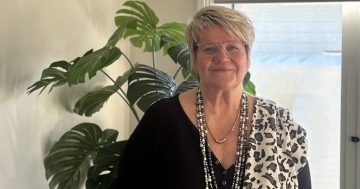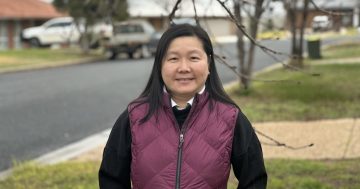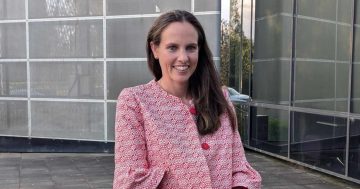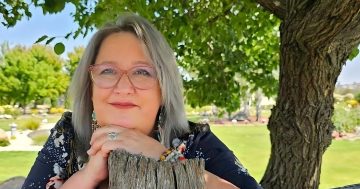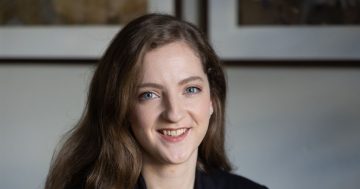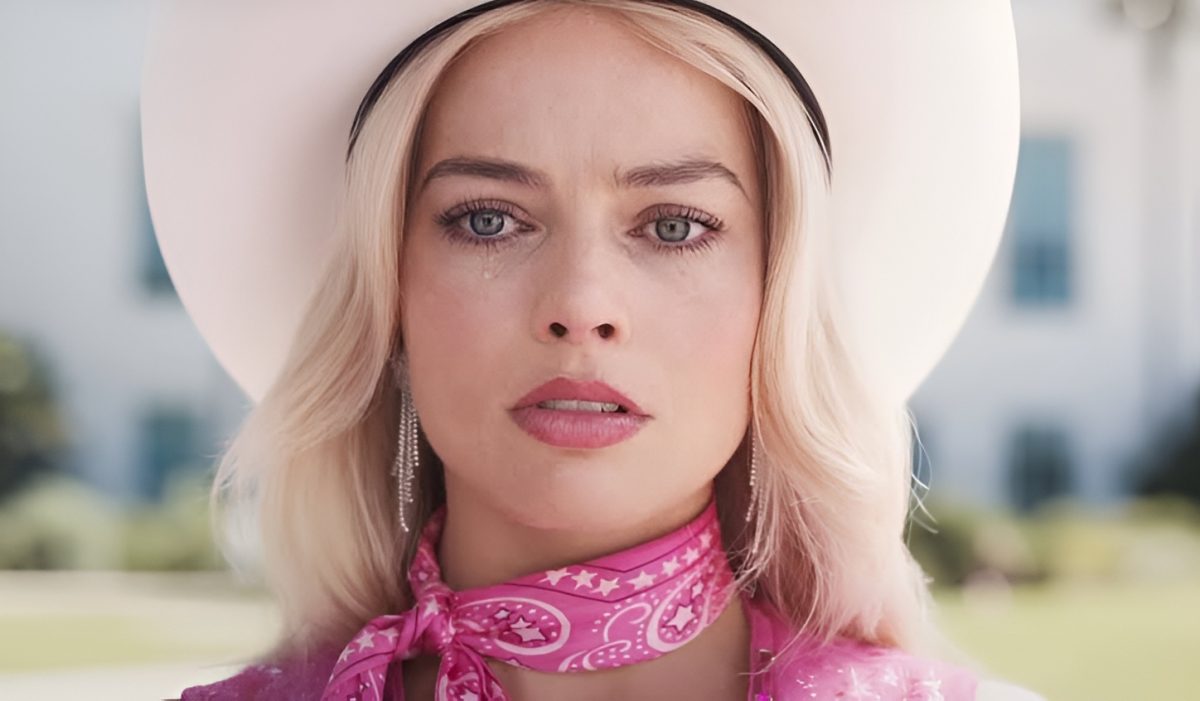
Barbie confronts her mortality with “irrepressible thoughts of death”. Photo: Warner Bros.
In the current movie mega-hit Barbie, the central character’s journey from plastic dream girl to real person begins when she is confronted by “irrepressible thoughts of death”.
This Tuesday, 8 August, is ‘Dying to Know Day’, an annual event that encourages Australians to, like Barbie, look their inevitable future in the eye and take charge.
An existential crisis is not something you expect to confront in the opening minutes of a movie about a doll, but facing mortality is fundamental to the character’s growth, maturity and ultimately, humanity.
Death may not be a topic that’s likely to come up at the next family barbecue, but Wagga funeral director Joshua Paul from Alan Harris McDonald said it was important to normalise conversations around end of life.
“The amount of times that we have families come in and we ask, ‘Have Mum and Dad spoken about their funeral?’ And they haven’t,” he said.
“They’ve been meaning to, they knew it was coming, as we know, it’s coming for all of us, but it’s such a taboo subject.”
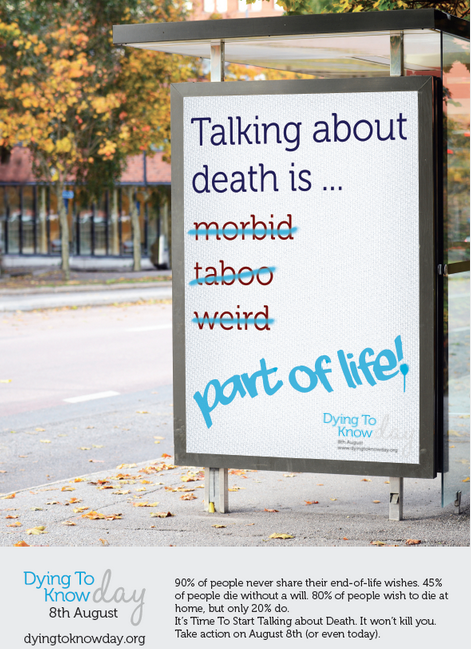
According to a study released in 2022, the majority of Aussies say they are comfortable talking about end-of-life planning with family, however, the majority put it off.
Professor Samar Aoun is a leader in palliative care research and the 2023 WA Australian of the Year, and said it was important that people were at the centre of planning their end-of-life care.
“We forget that death used to be an event that was centred around family and friends with a medical component. Now, it has shifted to being a medical event with less contact time within meaningful relationships,” she said.
“Community has an indisputable role and responsibility in the provision of care when it comes to death, dying, grief and loss.
“Improving death literacy through education is a critical prerequisite to enabling the community in a way that empowers meaningful change in how Australians approach end-of-life care and planning.”
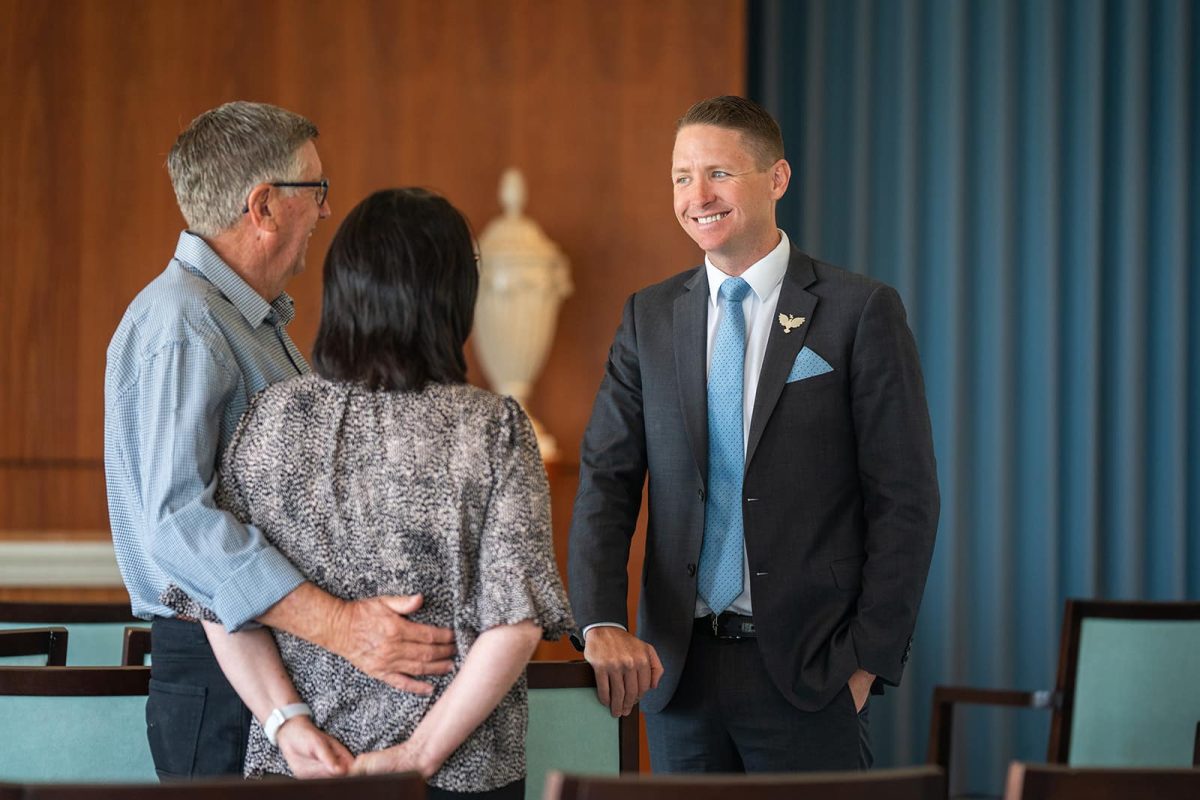
Funeral director Joshua Paul from Wagga’s Alan Harris McDonald said a conversation now avoids added stress during a time of grief. Photo: Supplied.
Nearly 9 out of 10 adults believe in the importance of end-of-life planning but just over a third have done it.
With an older population, regional Australians are ahead of their city counterparts with 39 per cent having done some planning (compared to 32 per cent).
Dying To Know has boiled the to-do list down to three things: Capture your choices in writing, have conversations to make sure everyone is on the same page and finally, prepare your send-off.
“It’s such a difference to see the families that come in to arrange a funeral who have spoken about it and don’t have the burden of having to make decisions at that time,” said Mr Paul.
“It just changes the experience that their families are going through. They’ve got the ability to focus on celebrating their loved ones’ life and arranging a funeral befitting of their memory, rather than focusing on second-guessing the decisions that they have to make.”
Mr Paul encouraged locals to attend the Murrumbidgee Local Health District event at the Victory Memorial Gardens on 11 August to be hosted by the palliative care team.
You can learn more about Dying to Know Day or find an event in the Riverina here.







